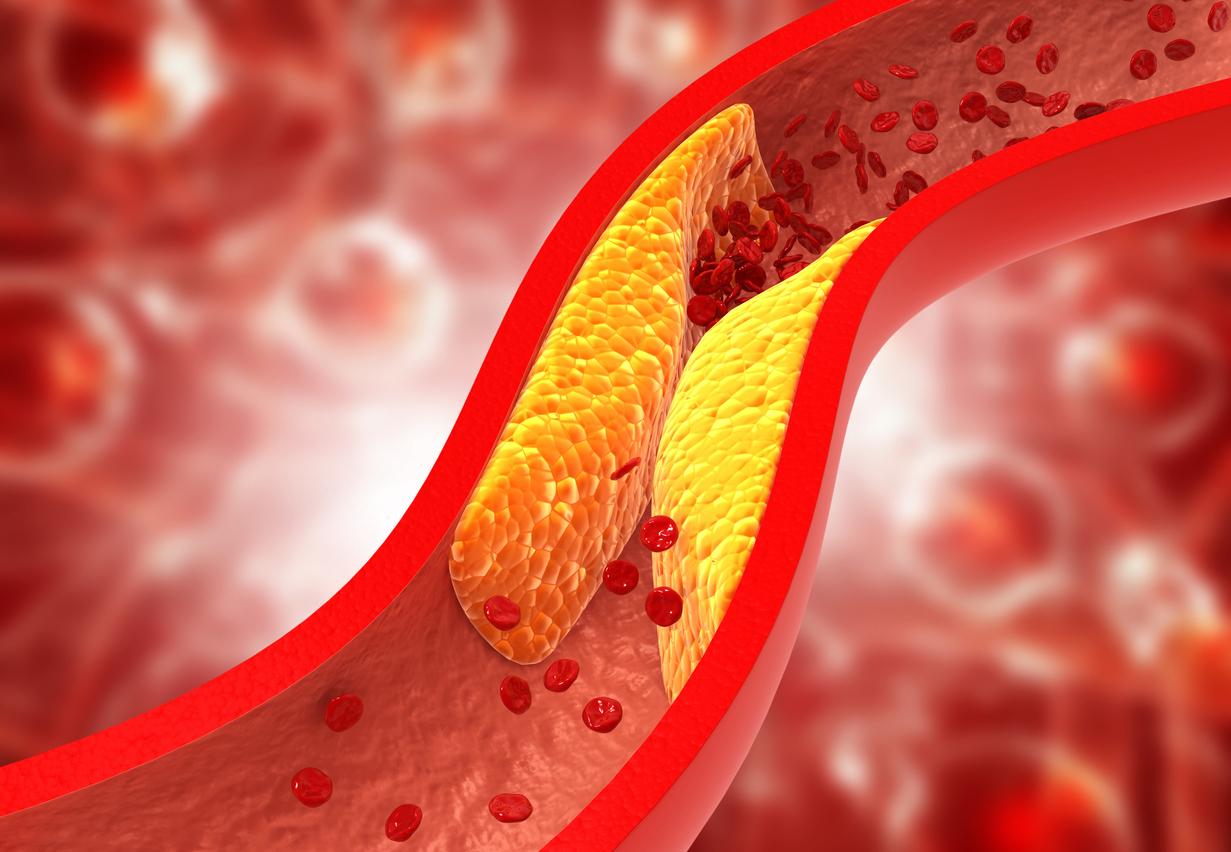The validity of treatments for hypertension and cholesterol are often questioned by various self-proclaimed experts. It is therefore interesting to look at the scientific data available to take stock.

Should we really be treated for high blood pressure or high cholesterol? This question is recurrent and the validity of their treatments is frequently questioned by various self-proclaimed experts. This is why it is interesting to look at the scientific data available to us.
The very long followed by a study having tested these treatments in a validated framework confirms the efficacy on cardiovascular mortality of a reduction in arterial hypertension and cholesterol levels in the blood. In addition, among antihypertensive drugs, it appears that a calcium channel blocker especially reduces the risk of death from stroke. Likewise, analysis shows that a statin particularly lowers the risk of death from coronary heart disease. The treatment can therefore be precisely adjusted according to the predominant risk.
Hypertension and cholesterol: 2 silent risk factors
High blood pressure (normal blood pressure is less than 140-90 mmHg) is a major risk factor for cardiovascular disease (coronary insufficiency, stroke, renal failure, heart failure, arterial aneurysm, aortic dissection, arrhythmia, dementia …) … Professionals even call her the “silent killer”, adds Professor Claire Mounier-Vehier, cardiologist and president of the French Federation of Cardiology, before continuing: “the disease is most often silent but can manifest itself as a whole. non-specific symptoms: fatigue, morning headaches, dizziness, flies in the eyes, ringing in the ears, palpitations, trouble concentrating or even a feeling of tightness in the chest are all signs of the disease. ”
It is the same for the excess cholesterol in the blood which will gradually clog the arteries “as the tartar is deposited on the wall of the plumbing pipes when there is too much lime in the water”. In case of hyperchoesterolemia, real plaques of atherosclerosis are deposited on the inner wall of our arteries. They gradually enlarge but can ulcerate and in this case a clot forms and the artery can suddenly become blocked, leading to the vascular accident at the level of a coronary artery (infarction), of an artery of the brain (accident cerebrovascular) or another.
16 years after starting treatment
In hypertensive patients, the long-term effects on mortality of various hypotensive regimens and lipid-lowering treatments are not well documented. To remedy this state of affairs, the Anglo-Scandinavian Cardiac Outcomes Trial (ASCOT) analyzed the mortality of British patients 16 years after the start of their treatment in this study.
Initially, all patients enrolled in the hypotensive treatment group were randomly assigned to treatment with amlodipine (calcium channel blocker) or atenololol (beta blocker) to lower blood pressure. Of these patients, those with a total cholesterol level of 6 to 5 mmol / L or less (i.e. a moderate level) and who had never received lipid-lowering therapy were given an additional draw. to test the benefit of an additional cholesterol-lowering treatment. They therefore received either atorvastatin (statin) or a placebo as part of the lipid-lowering arm. A team of two doctors judged all the causes of death without knowing in which treatment group the patients had been drawn.
Long-term beneficial effects
Of the 8,580 UK patients participating in the ASCOT study, 3,282 (38-3%) died after 16 years, including 1,640 (38.4%) of the 4,275 patients treated with atenololol and 1642 (38.1%) of 4305 patients treated with amlodipine. 1,668 of 4,605 cholesterol-lowering patients died, including 903 (39.5%) of 2,288 patients who received placebo and 865 (37.3%) of 2,217 patients who received atorvastatin. Of all the deaths, 1,210 (36–9%) were from cardiovascular causes.
At 16 years of age, there is no overall difference in all-cause mortality between the 2 hypotensive treatments, although the number of deaths due to stroke was much lower in the group treated with amlodipine than in the group. who received atenolol. There is no interaction between the effect of hypotensive therapy and that of cholesterol-lowering therapy. On the other hand, in patients treated with statins, the number of cardiovascular (and in particular coronary) deaths was significantly lower than in patients on placebo.
Demonstrated reduction in mortality under treatment
“Our results show the long-term beneficial effects on mortality of antihypertensive treatment with calcium channel blockers and lipid-lowering treatment with statin. Patients on amlodipine treatment experienced fewer deaths from Stroke and patients on atorvastatin had fewer cardiovascular deaths more than 10 years after the end of the trials, ”the researchers say.
“Overall, the ASCOT study supports the idea that interventions for high blood pressure and hyercholesterolemia are associated with long-term benefits on cardiovascular events,” they conclude.


.














